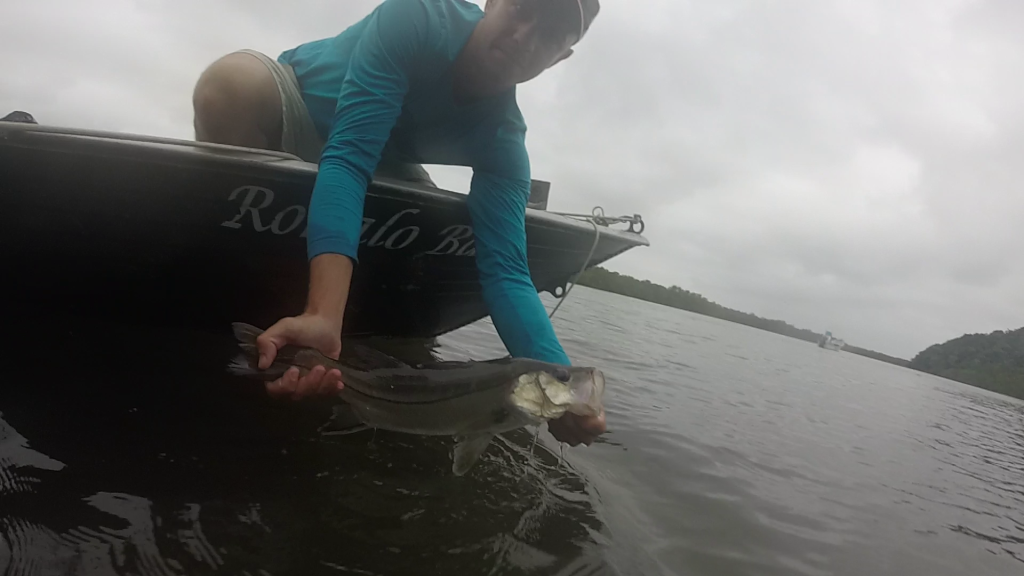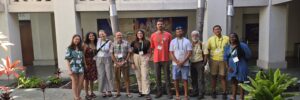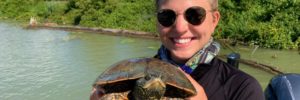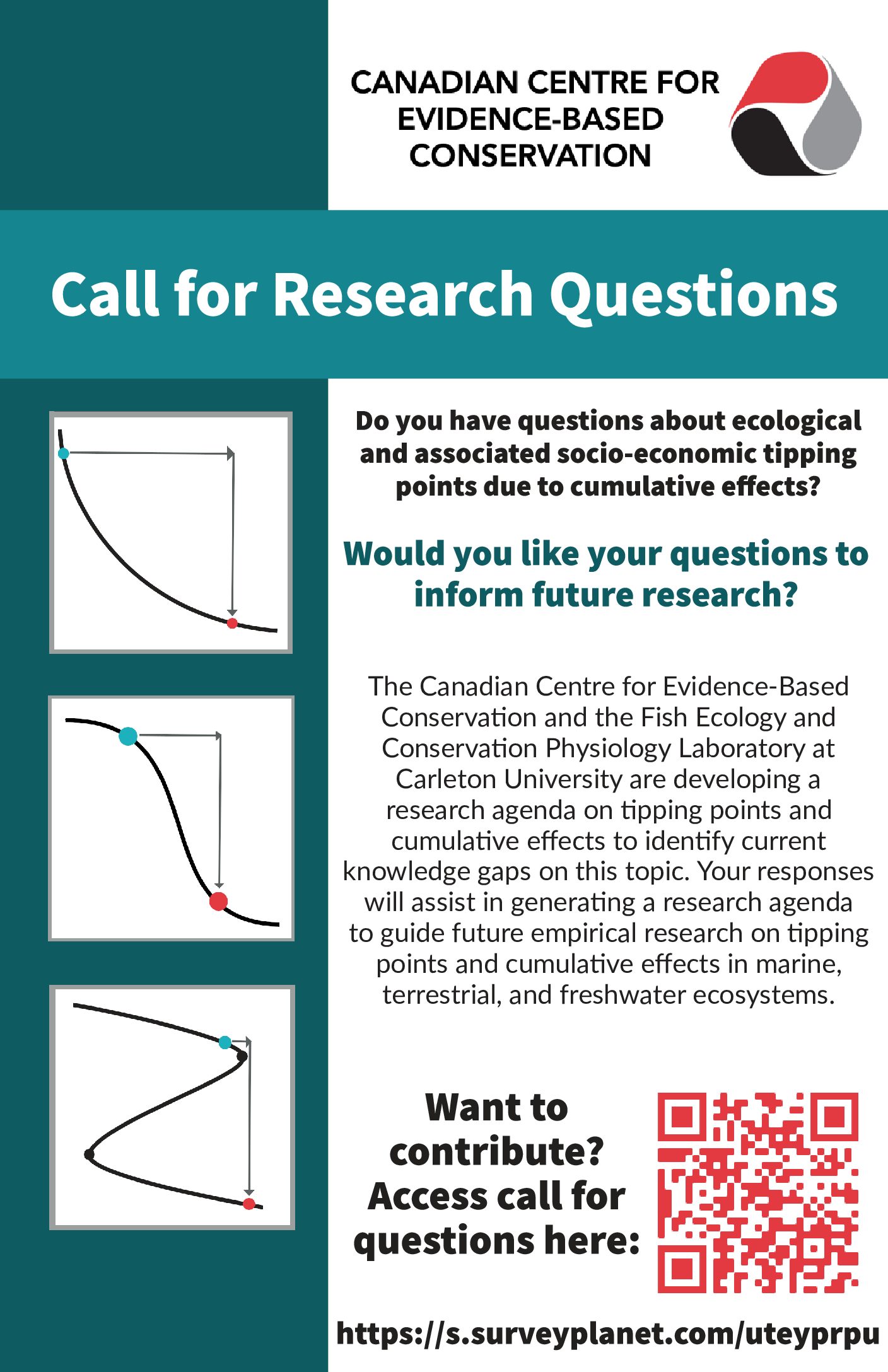This September, Cooke Lab students Robert Lennox and Jake Brownscombe collaborated with professor Domingos Garonne-Neto at UNESP in Registro, Sao Paolo, Brazil. The students worked with Dr. Garonne-Neto to study fat snook (Centropomus parallelus), a culturally important species in local estuaries of the Brazilian Atlantic Forest, which is a threatened habitat in Brazil.
Fat snook have traditionally been important species that were harvested in artisanal fisheries with bamboo weirs, but recreational fisheries are increasingly important for bringing tourism into coastal and estuarine communities of Brazil, and many snook are being released by anglers. The research team set out to study the effects of angling on snook in the Cananéia Estuarine Complex and collaborated with a local recreational angling tournament in Port Cubato, Cananéia City, Sao Paolo. Robert and Jake assessed reflexes and analyzed blood samples from snook brought to the tournament weigh-in station and also from snook that were angled in order to evaluate how various angling and tournament-related activities affect snook.
The data collected by Cooke Lab students and Brazilian collaborators is necessary for evaluating the sustainability of the recreational fishery for a species that was previously completely unstudied in recreational angling contexts. The rapid assessments conducted this month are just the beginning of a long-term study being initiated in the Cananéia Estuarine Complex in an effort to learn more about this important estuarine predator.







